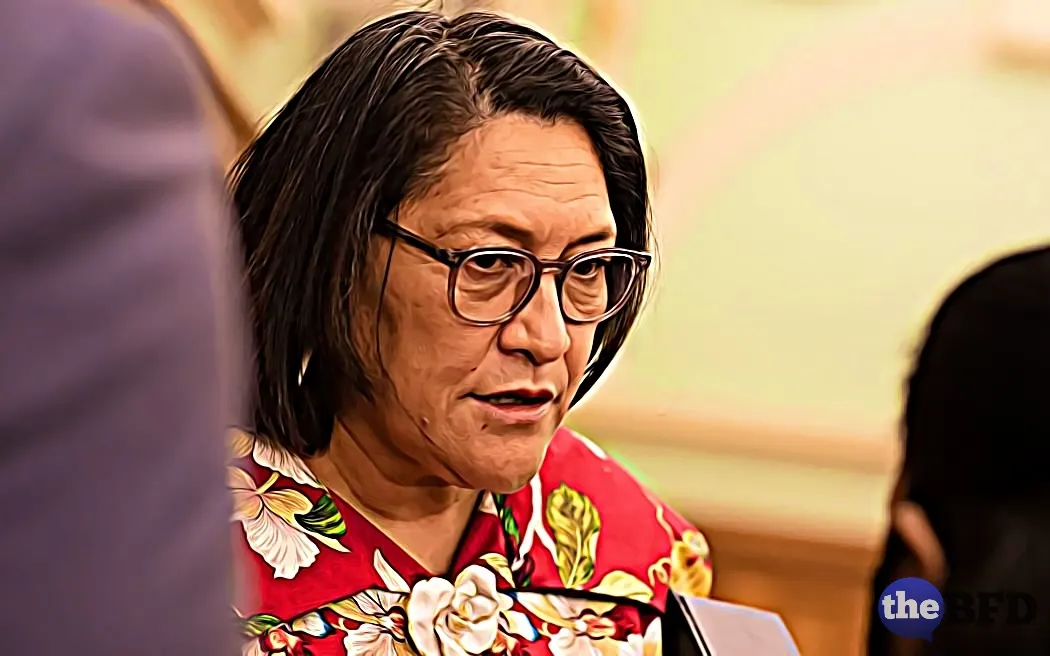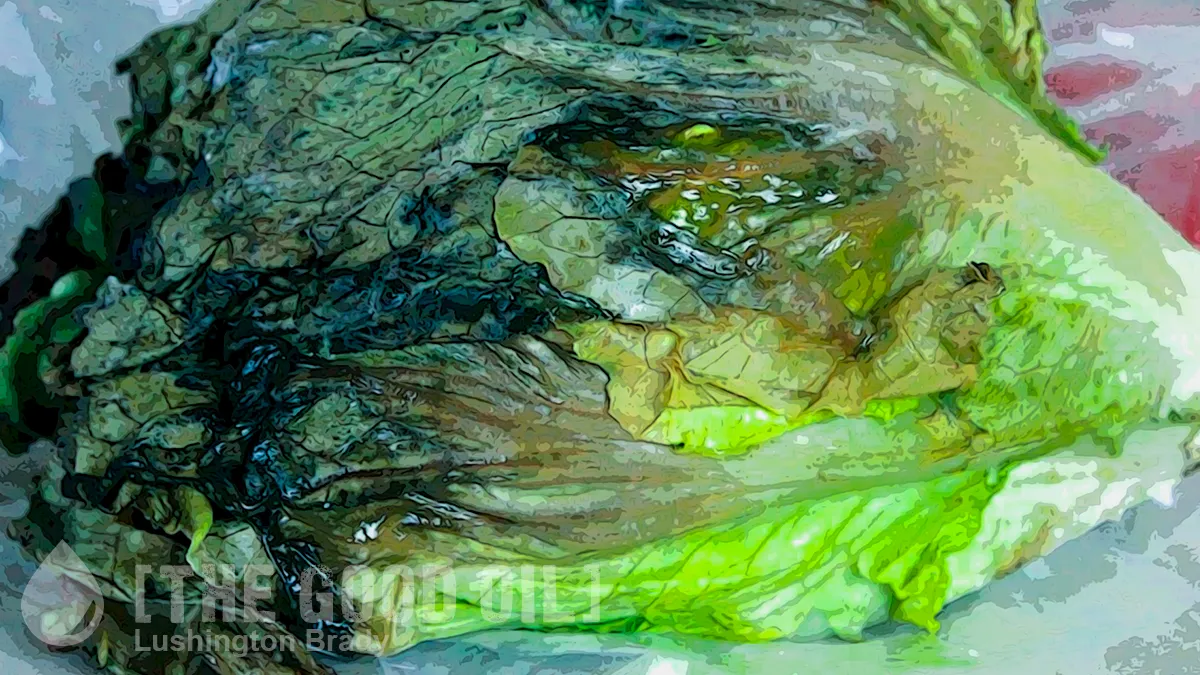Jacqui Van Der Kaay
Jacqui Van Der Kaay is a PhD student at Victoria University of Wellington. She is a former journalist, holds a Masters degree in Political Science from Victoria University of Wellington and has a specialist interest in political leadership, voter behaviour, immigration and how social media affects democracy.
Five days after former Government Minister Meka Whaitiri resigned from the Labour Party, the public and the party still have no real idea of the reasons behind her shock move to Te Pati Maori.
While there has been speculation for her reasons, and some hints – summarised by Toby Manhire on the Spinoff – the politician herself has yet to adequately explain why she left the Labour Party to her party’s leader, the Prime Minister, the Maori caucus of which is she was a part, other parliamentary colleagues or citizens in her electorate.
Her resignation highlights a number of political integrity issues. Political integrity can be defined as politicians adhering to the expected norms and values of the environment in which they operate. New Zealand’s Cabinet Manual states:
To protect the integrity of the decision-making process of executive government and to maintain public trust in the Executive, Ministers and Parliamentary Under-Secretaries must conduct themselves in a manner appropriate to their office.
Meka Whaitiri’s announcement that she was leaving the Labour Party to join the Te Pati Maori failed to meet these expectations in several ways.
Firstly, she didn’t tell the leader of the Labour Party, Prime Minister Chris Hipkins, that she was leaving the party. Adding insult to injury, she made the announcement when the Prime Minister was on a flight to the United Kingdom for the King’s coronation. Several days later she still hadn’t spoken to him.
Secondly, she didn’t speak to the Maori Caucus or any of her other parliamentary colleagues. This is despite being a Labour MP for ten years and being involved in the party for years before. The announcement appears to have come as a complete shock to everyone. Colleague and fellow Minister Kiri Allan was sent to talk to her, but it would appear that Whaitiri’s mind was made up and she could not be dissuaded.
Thirdly, she hasn’t spoken publicly to the citizens in her electorate, who elected her to Parliament to represent their interests. The timing is particularly problematic because a large number of her constituents are facing extraordinary hardship after Cyclone Gabrielle, and she was Minister for Cyclone Recovery. Her resignation closely follows the sacking of the former Minister for Cyclone Recovery, Stuart Nash.
Fourthly, she, and Te Pati Maori Party, appear to have found, and taken advantage of, a gap in the Electoral Integrity Act which means she can stay in Parliament as an independent MP until the election. While there is a lack of clarity about who said what to whom that led to Speaker Nathan Rarere’s ruling that Whaitiri could stay in Parliament as an independent, her decision to take advantage of this, rather than seeking a new mandate from the electorate at the election, undoubtedly lacks integrity.
This particular issue is complex as her resignation from Labour comes just five months before the general election. Even if the Electoral Integrity Act had been invoked, and Whaitiri had to leave Parliament, it seems unlikely that there would have been a by-election. Under the Act, a by-election can be avoided if 75 per cent of Parliament votes that way. It seems likely MPs would have done so given the election is just months away.
What makes this an integrity issue is that Whaitiri was elected as a Labour MP, has now left the party and said she will be standing for another, yet remains an independent MP with all the privileges that come with that.
Fifthly, it is not clear why she jumped parties. While her speech contained some hints and others have also surmised – there does not appear to be a clear reason. Often MPs who defect do so on a matter of principle often after trying to resolve issues with the party. For example, Tariana Turia left Labour over the proposed Foreshore and Seabed legislation. Not always of course, but MPs are usually clear and outspoken about their reason.
There are many extraordinary features of Whaitiri’s announcement and the subsequent decision that she can stay in Parliament as an independent MP. However, this case does raise some important political integrity issues, and these issues can impact the quality of a political system and the trust the public has in it. Only time will tell how the electorate responds to her move.










![[The Good Oil] Stuff Up of the Day](/content/images/size/w1304/format/webp/2024/09/Stuff-up-image-1.webp)